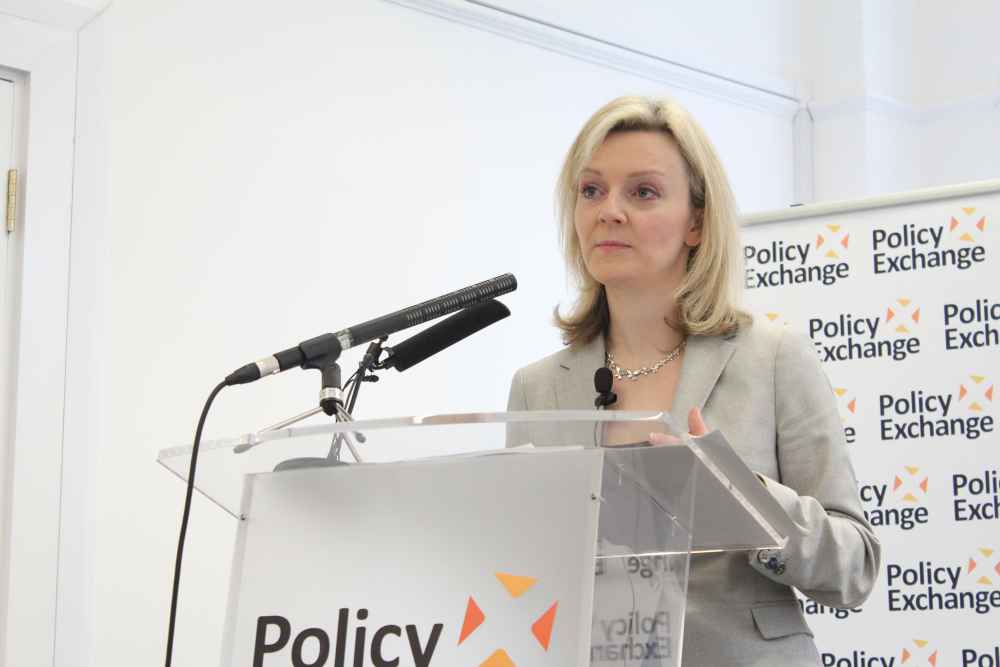
Defra Secretary of State Liz Truss says the government is doing all it can for dairy farmers to retain capacity in the “vital” sector.
Some farmers have seen 40% knocked off their milk cheque with many now selling milk for less than the cost of production.
Ms Truss said that her department is working with HMRC on a Time to Pay scheme to allow dairy farmers more time to pay their tax bills, mitigating cashflow problems.
“We’re also exploring the idea of extending the tax-averaging period for farmers from two to five years,” she added. “But working on the Time to Pay rules is our priority.”
Banks are being told to provide help to the crisis-hit sector and exploratory talks on a dairy futures market – designed to make milk prices more predictable – are taking place.
“As everyone knows, price volatility is not a one-off storm. It’s going to be a long-term feature of food and farming and that is why building resilience is vital.”
Despite the current challenges facing the industry, Ms Truss said that there was huge cause for optimism in the sector.
“In the longer term there is going to be increased demand for dairy products with a growing middle class in Asia in particular. British dairy is well placed internationally; it is high quality and high yield.”
As part of her keynote address to the NFU’s annual conference, Ms Truss said that she wanted to see Britain become more self-sufficient in food and said that dairy was one area she was keen to see grow.
“We are only 50% self sufficient in dairy products so I want to see more British cheese and yoghurt on the shelves.”
On bovine TB, Ms Truss branded the Labour party’s handling of the disease as “shameful” and pledged to continue with the 25-year eradication strategy which has seen pilot culls take place in Gloucestershire and Somerset so far.
“We will not let up, whatever complaints we get from protest groups. We’re in it for the long haul. We will not walk away,” she said.
